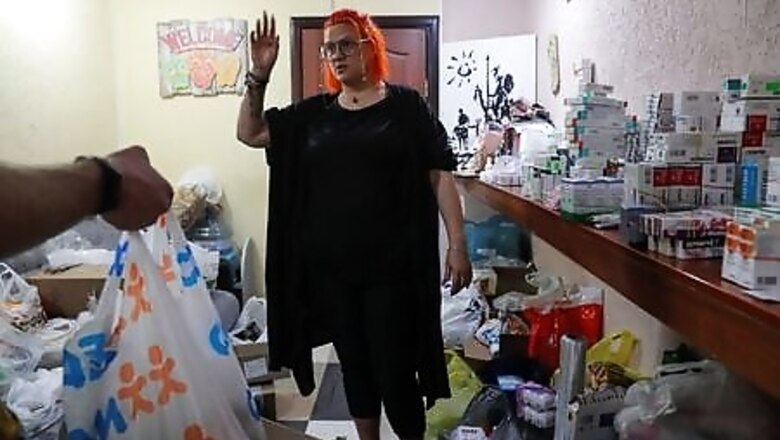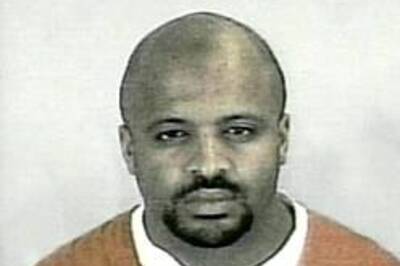
views
MINSK/MOSCOW When protests erupted after the disputed election in Belarus, Anna Koval transformed the office of the travel agency she runs in central Minsk into the headquarters of a volunteer operation helping casualties of a police crackdown.
Her group of around 10 people, some of them doctors able to provide first aid, coordinated on social media as best they could amid an internet blackout to tip each other off about the location of protesters in need and risks on the ground.
“They (the police) were really arresting ambulance staff, doctors, seizing medicine…,” the 39-year-old said by phone from the Belarus capital, describing the first three nights after the Aug. 9 presidential election as “terrifying.”
Alexander Lukashenko, the veteran leader who is the target of the protests, on Tuesday praised law enforcement officials for their “impeccable service”.
One night, Koval helped treat five injured protesters. Some demonstrators were too scared to go to hospital fearing police retribution, she said. In several cases, Koval had doctors sent to protesters’ homes.
“They stitched them up at home.”
Police detained more than 6,000 people in the first few days of protests and fired rubber bullets and tear gas. Dozens of protesters and police officers were injured in the clashes and two people died.
Reuters spoke to several volunteers from similar groups that sprang up amid a groundswell of public anger against Lukashenko.
There has been a lull in violence between police and protesters, but tensions are high as the opposition demands Lukashenko cedes power while the leader of 26 years remains in his post.
Koval’s group is now collecting food and personal hygiene products and distributing them to people in hospital and, with the help of the Red Cross, to those in jail, she said.
“My volunteering isn’t about helping the new politics. My volunteer work is about helping people.
“I broke down when the first shot rang out. When the first shot sounded, it hit me and literally the very next day this headquarters was organised,” she said.
Koval wants what she described as the climate of fear in Belarus to end.
“I’m not scared, I’m a free person. I want to live in a country that is just as free, and to openly show my face,” she said. “And maybe other people will see me and my guys, and will act like me.”
(Writing by Tom Balmforth; Editing by Mike Collett-White)
Disclaimer: This post has been auto-published from an agency feed without any modifications to the text and has not been reviewed by an editor















Comments
0 comment